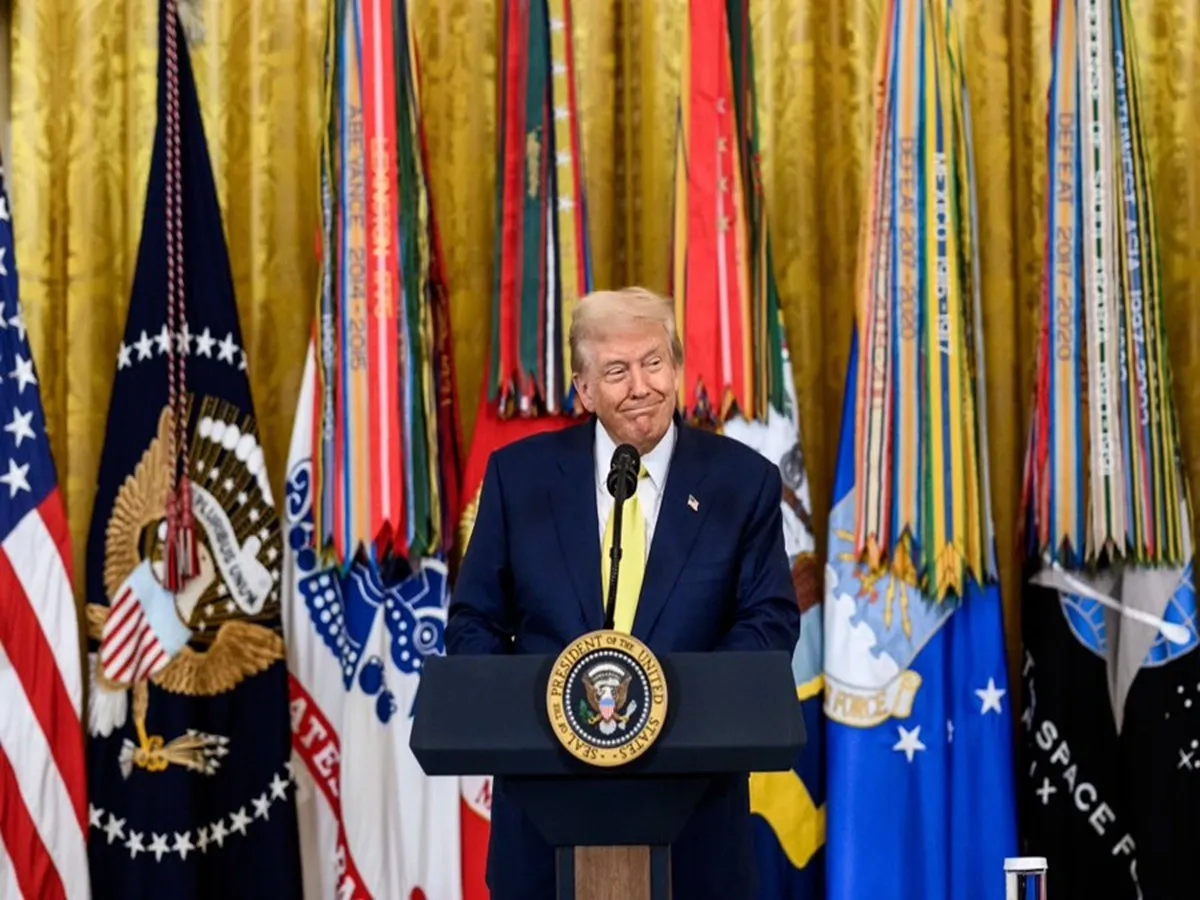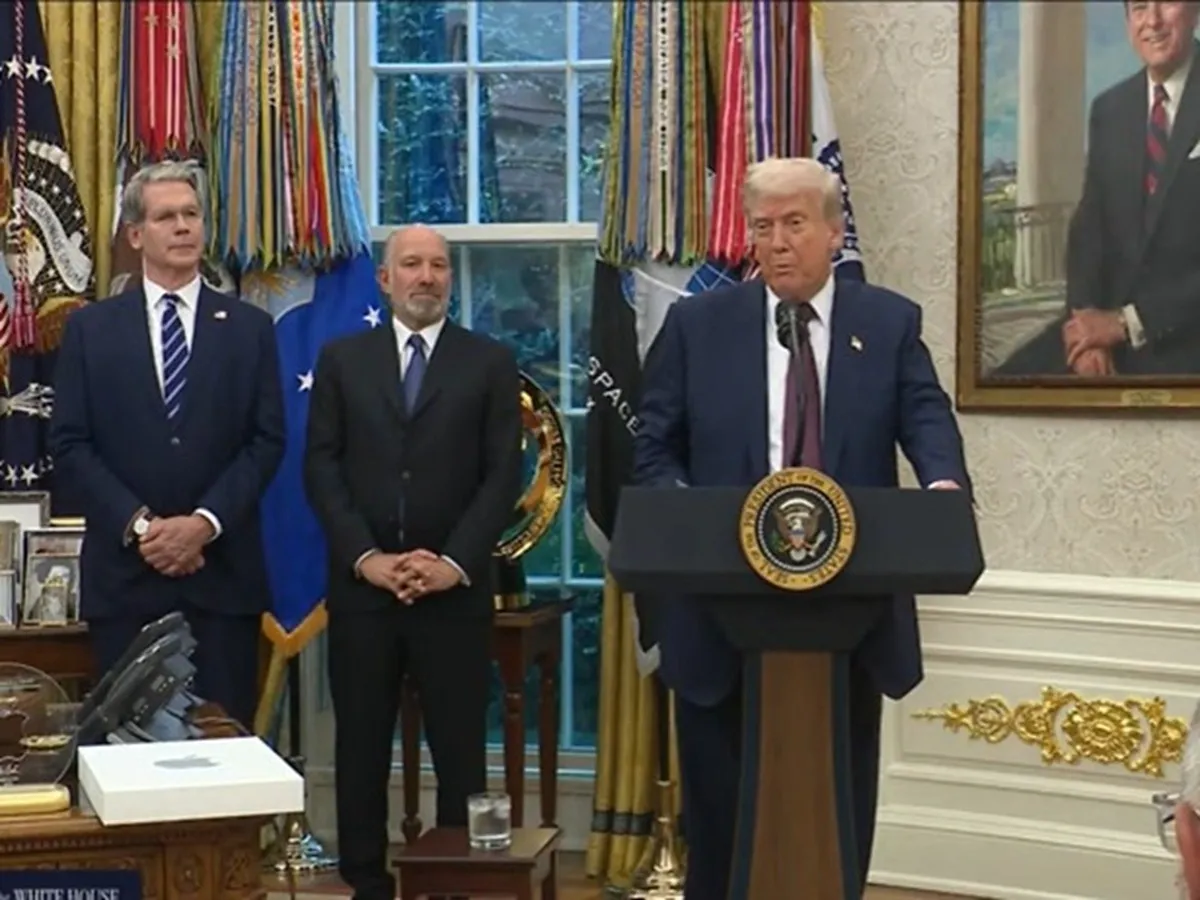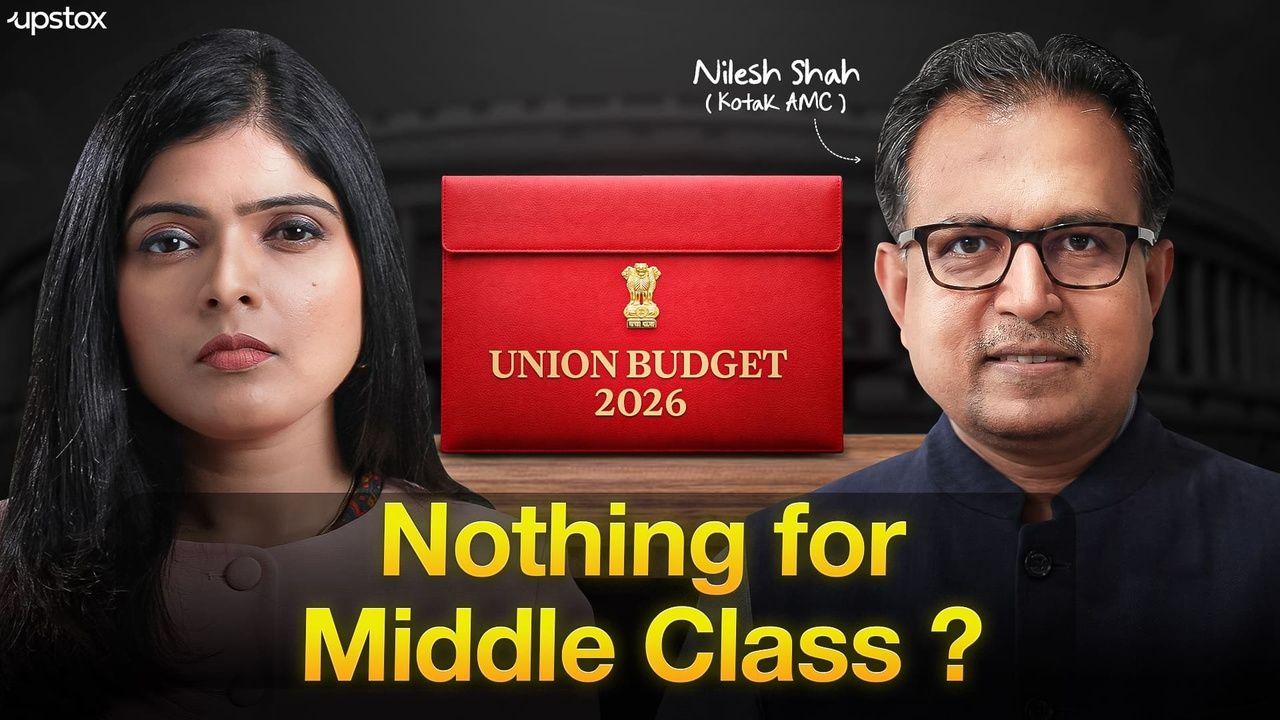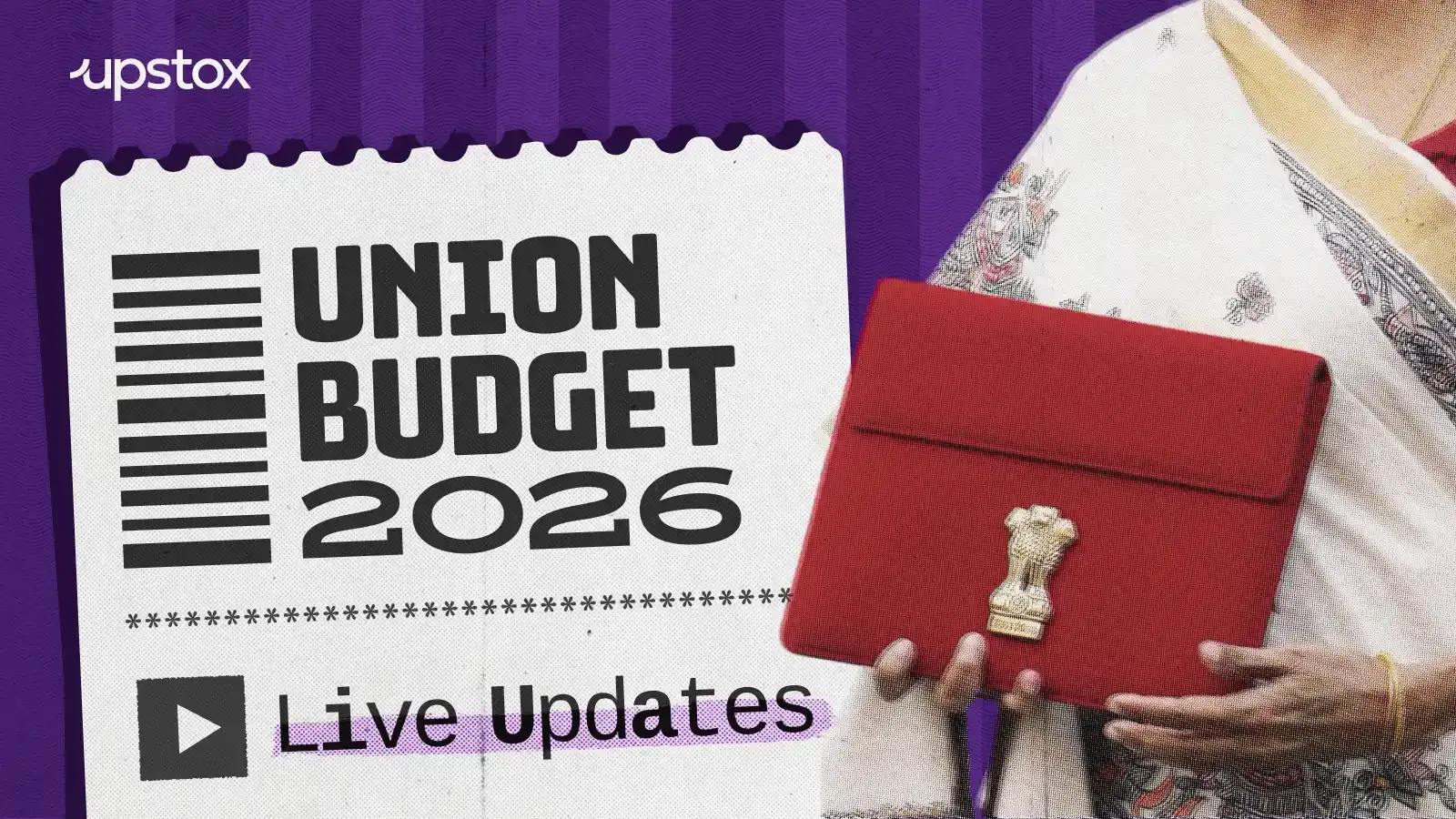Business News
'Not until we get it resolved': Trump shuts door on US-India trade talks after 50% tariff move
.png)
3 min read | Updated on August 08, 2025, 09:19 IST
SUMMARY
US President Donald Trump's tariff move threatens to complicate months-long efforts by both sides to finalise the first phase of a proposed bilateral trade agreement (BTA).

US President Donald Trump signed an executive order titled “Addressing Threats to the US by the Government of the Russian Federation”, effectively doubling the current levy to 50%.
US President Donald Trump on Thursday ruled out advancing trade negotiations with India after Washington slapped steep tariffs on Indian goods, saying discussions would not move forward until the issue is resolved.
Asked whether he expected “increased trade negotiations” after announcing 50% tariffs on India, Trump replied, “No, not until we get it resolved.”
The comments came a day after the US administration issued an executive order titled “Addressing Threats to the US by the Government of the Russian Federation”, imposing an additional 25% ad valorem duty on most Indian goods.
This new levy is in addition to a 25% reciprocal tariff that took effect on August 7, bringing the total duty to 50%, the highest level applied to any US trading partner alongside Brazil.
What are the issues?
Trump has accused New Delhi of buying large quantities of discounted Russian crude and reselling much of it on the global market for “big profits,” alleging that the practice indirectly finances Moscow’s war in Ukraine.
“They don’t care how many people in Ukraine are being killed by the Russian war machine,” the US President wrote on social media last week.
The move threatens to complicate months-long efforts by both sides to finalise the first phase of a proposed bilateral trade agreement (BTA). A US delegation is scheduled to visit India on August 25 for the next round of negotiations.
What Donald Trump wants
The timing of the announcement is being seen as a pressure tactic by Washington to secure greater market access for American exports.
The US has been pushing India for tariff concessions on a wide range of products, including electric vehicles, industrial goods, wines, petrochemicals, dairy, apples, tree nuts and genetically modified crops.
New Delhi, however, has resisted US demands in sensitive sectors such as agriculture and dairy, with farmers’ associations urging the government to exclude them from any trade pact. India has never offered tariff concessions on dairy products in previous free trade agreements.
Prime Minister Narendra Modi on Thursday asserted that India would not compromise the interests of farmers, fishermen and dairy producers.
“For us, the interest of our farmers is our top priority,” Modi said at a global conference commemorating the birth centenary of agricultural scientist Dr M.S. Swaminathan. “I know, I will have to pay a heavy price personally, but I am ready for it.”
India is also seeking the removal of a 26% additional duty on certain exports, as well as reductions in US tariffs affecting steel and aluminium (currently at 50%) and automobiles (25%). It is pushing for duty cuts on exports from labour-intensive sectors such as textiles, leather, gems and jewellery, chemicals and select agricultural goods, including bananas and shrimp.
Related News
By signing up you agree to Upstox’s Terms & Conditions
About The Author
Next Story


